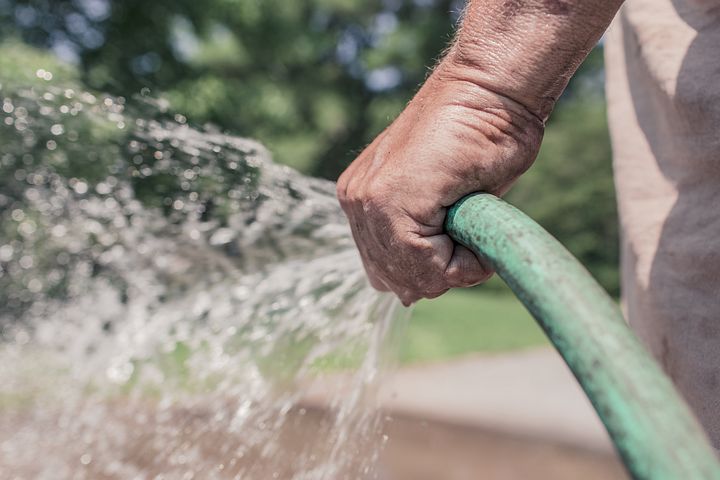A garden hose is a common household item used to water lawns, plants, and gardens. Although it may seem harmless, a garden hose can actually have a significant impact on the environment. In this article we examine the environmental impact of your garden hose and what you can do to reduce it.
A common culprit
One of the main reasons a garden hose can harm the environment is water wastage. According to the Environmental Protection Agency (EPA), outdoor water use accounts for nearly 30% of total household water use in the United States. That means every time you turn on your garden hose, you’re using up a valuable resource.
In addition to the actual water consumption, there is also the issue of wasting water. A leaking garden hose can waste hundreds of gallons of water each year. This not only puts a strain on our water resources, but also contributes to higher water bills.
It depends on the materials
Another way a garden hose can impact the environment is through the materials it is made of. Many garden hoses are made of plastic, a petroleum-based product. This means they are not biodegradable and can take hundreds of years to degrade in a landfill.
Not only do plastic water hoses contribute to landfill waste, but they can also release harmful chemicals into the environment. When plastic breaks down, it can release toxic chemicals into soil and water. These chemicals can have adverse effects on wildlife and even find their way into our food supply.
Reducing your environmental impact
Now that we understand the environmental impact of a garden hose, what can we do to reduce it? Here are a few simple steps you can take:
- Use a watering can
Instead of using a garden hose to water your plants, try using a watering can. This way you can control water consumption and reduce water waste.
- Fix Leaks
If you are using a garden hose, make sure to fix any leaks as soon as possible. Not only will this save you money on your water bill, but it will also reduce water wastage.
- Invest in a Quality Garden Hose
Instead of buying a cheap plastic garden hose, invest in a quality hose made from durable materials. Look for tubing made from natural materials like rubber or ones that are labeled “lead-free” and “potable water safe.”
- Store Your Garden Hose Properly
When you’re done using your garden hose, make sure you store it properly. This will help prevent leaks and extend the life of your hose.
- Recycle Old Hoses
When your old garden hose has reached the end of its life, don’t just throw it away. Many recycling centers accept garden hoses, so be sure to dispose of them properly.
What else that should be done?
When it comes to the environmental impact of a garden hose, it’s also important to look at the bigger picture. While the steps outlined above can help reduce your personal impact, it’s also important to advocate for larger changes that can have a significant impact.
One way to do this is by supporting companies that are committed to sustainability and eco-friendly practices. Look for hoses made by companies that prioritize sustainability and have certifications such as Forest Stewardship Council (FSC) or Cradle to Cradle (C2C).
Additionally, you can support policies and organizations that prioritize water conservation and sustainability. This can include supporting local water conservation initiatives, reaching out to your elected officials regarding environmental issues, and making donations to environmental organizations.
By both taking personal action and advocating greater change, we can work towards a more sustainable future and reduce the environmental impact of our daily actions, including using a garden hose.
Conclusion
In summary, a garden hose may seem like a small item, but it can have a big impact on the environment. By taking steps to reduce water wastage and investing in high-quality tubing made from natural materials, we can help protect our valuable resources and reduce our impact on the environment. So the next time you reach for your garden hose, think about the impact it can have and take steps to reduce it.

